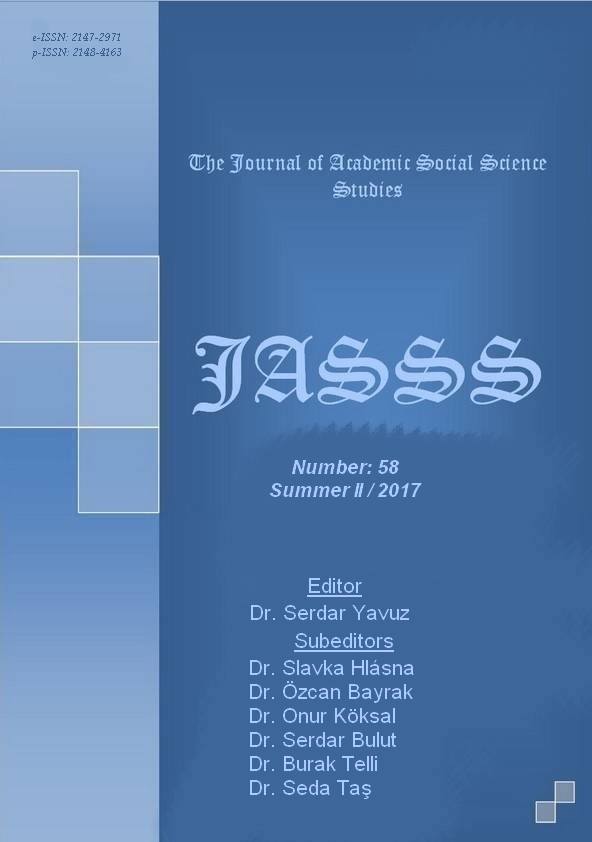Author :
Abstract
İslam hukukunda hibe akdi, bir malvarlığının bedelsiz olarak karşı tarafa temlik edilmesini ifade etmektedir. Bu tanım, bir bedel şart koşulmadıkça, ilke olarak hibenin teberru nitelikli akit çeşitlerinden olduğunu göstermektedir. Fakihler hibe akdini incelerken bir yandan satım akdi modeli üzerinden hareket etmişler, diğer yandan hibeyi diğer teberru nitelikli akitlerden ayırmaya özen göstermişlerdir. Zira konuyla ilgili dünyevi ve uhrevi açıklamalar yapan, hükümler koyan pek çok sayıdaki hadisin varlığı, teberru nitelikli işlemleri birbirinden ayırmayı gerektirmiştir. Böylece hibenin anlam sahasını daraltmak suretiyle hibe akdinin sınırları belirlenmiştir. Bu çaba, hibe akdine ilişkin uygulamaların kendi içinde anlamlı ve tutarlı olmasını da sağlamıştır. Diğer yandan, klasik kaynaklarda hibeye geniş anlamlar yükleyerek teberru akitlerini hibe kapsamında değerlendirmek ve böylece kapsamlı bir üst başlık oluşturmak amacını güden açıklamalara da rastlanmaktadır. Fakihlerin çoğunluğuna göre hibeden dönmemek asıl, dönmek ise istisnadır. Babanın çocuğuna yaptığı hibeden dönebilmesi, söz konusu istisnanın uygulamasını göstermektedir. Hanefiler ise bunun aksini savunmaktadırlar. Çünkü ilgili hadislerin hukukî değil, ahlaki müeyyideye sahip olduğu kanaatindedirler. Hibeden dönebilmek için birtakım koşulların sağlanmış olması gerekmektedir. Bunların sağlanmamış olması, hibeden dönmeye engel teşkil eden durumları oluşturmaktadır. Bu durumlar, Hanefî kaynaklarda diğerlerine nazaran daha fazladır. Bu çalışmada, klasik kaynaklar esas alınarak mezheplerin hibeden dönme konusundaki yaklaşımları, hibeden dönülebilen ve dönülemeyen durumlara dair görüşleri incelenecektir.
Keywords
Abstract
In Islamic law donation contract describe assigning one without any charge to adverse party. This description denote that if there is not exist any charge, donation, as a principle, is one of the kind of a grant contract. When canonists examine the act of donation, they study on one hand the model of sales contract on the other hand they try to distinguish donation from the other type of grant contract. Because the existence of many sayings of the prophet Muhammad which makes earthly and ethereal explications about the subject and which determine some provisions, necessitate to separate donation qualified transactions from each other. Thus, the limits of the donation contract are determined while restricting the meaning of donation. These efforts ensure the practice of donation contract become coherent and meaningful in it. On the other side, in the classical sources it has been coincided some explications with the purpose of interpret the grant contract as part of donation by assigning a large meaning on it and so creating a comprehensive headline. According to most of canonist not withdraw from a donation is essential but the opposite is exceptional. Withdraw from donation of a father to his son explain the practice of the exceptional situation. But the Hanafis defend the opposite. Because according to them the Prophet Muhammad’s sayings about this subject are not juridical, they have moral sanction. It must be provide some conditions for withdraw from the donation. Absence of these conditions causes certain situations which pose an obstacle for the withdrawing from donation. These situations exist more in the Hanafi sources. In this study, on the basis of classical sources, the approach of religious sect about withdrawing from donation, their vision about in which situation the withdrawing can be practicable will be examined.





